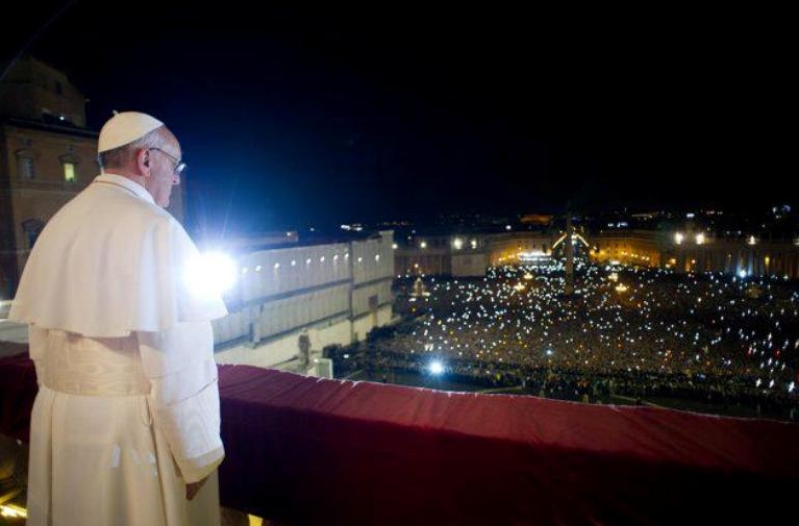
Pope Francis named 17 new cardinals Sunday, and three of them were American conservatives, including Chicago Archbishop Blase Cupich and Indianapolis Archbishop Joseph Tobin. Some people are taking the move as a sign the pontiff values pastors focused more on mercy than morals. Thirteen of the new cardinals, including all the Americans, are under age 80 and thus eligible to vote in a future conclave to elect Francis' successor, the key job of a cardinal.
The third American, Cardinal-elect Kevin Farrell, the outgoing bishop of Dallas, was an expected nomination. Francis in August named him to head the big new Vatican department for laity, family and life issues.
Tobin's nomination also relays a perceived political message ahead of the U.S. election next month, when considering he openly opposed a request from Indiana Gov. Michael Pence, now the running mate of Republican presidential candidate Donald Trump, to not settle Syrian refugees in the state.
"I am shocked beyond words by the decision of the Holy Father," Tobin tweeted. "Please pray for me."
The new cardinals hail from some of the most tangential corners of the globe, with Africa, Asia, South America and Oceania getting more representation in this round than Europe, which has dominated the College of Cardinals, reports The Chippewa Herald. In fact, seven countries that have never had a cardinal are getting one this time. New "princes" of the church include bishops from Bangui, Central African Republic; Port Louis, Mauritius and Tlalnepantla, Mexico.
Despite the new nominations, though, Europe still has the most voting-age cardinals with 54.
Only one Italian elector was named: Francis' ambassador to "the beloved and martyred Syria," Cardinal-elect Mario Zenari.
One of the newly appointed cardinals, Rev. Ernest Troshani Simoni of Albania, turns 88 years old later this month.
Speaking Sunday at the end of a special Mass on the steps of St. Peter's Basilica, Francis said the 17 would be elevated at a consistory on Nov. 19, on the eve of the close to his Holy Year of Mercy. "Their provenance from 11 nations expresses the universality of the church that announces and is witness to the good news of the mercy of God in every corner of the world," Francis said.
Their elevation also takes the number of voting-age cardinals to 120 by the end of November, the maximum allowed under current rules. With the non-voting cardinals included, the college by that time will number 228. With Sunday's appointees, Francis will have appointed 44 cardinal electors and 11 non-electors.
Of the new cardinals, Cupich is considered to be a pastor in Francis' likeness, emphasizing the merciful and welcoming side of the church. His nomination as Chicago archbishop was Francis' first major U.S. appointment, and he was a papal appointee at the pope's big family synod last year.
In a statement, Cupich said his appointment was "humbling and encouraging" and said he hoped that despite the new responsibilities, he and his flock would "continue the task we have begun of renewing the church in the archdiocese and preparing it to thrive in the decades ahead."
Francis has made it a point to no longer automatically name cardinals from big dioceses as had been the practice for centuries. The Italian cities of Venice and Turin, for example, have been without cardinals for several years.
"It's a clear message to the United States Catholic bishops about the kind of church Francis has in mind," said Massimo Faggioli, a Villanova University expert on the Vatican.
The geographic distribution of electors still heavily favors Europe, which has 54 voting-age cardinals. The Americas come next with 34 cardinals in North, South and Central America. Africa has 15, Asia 14 and Oceania four.







